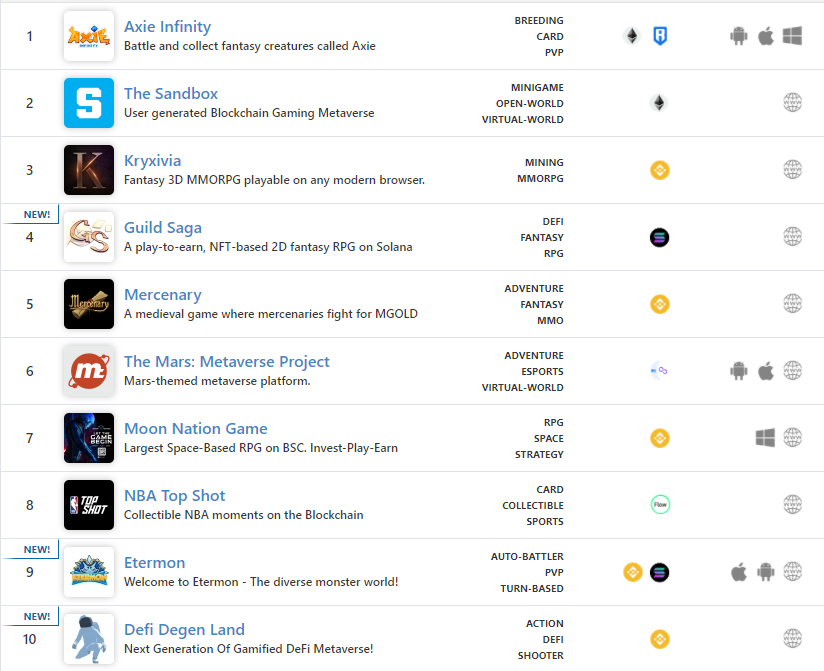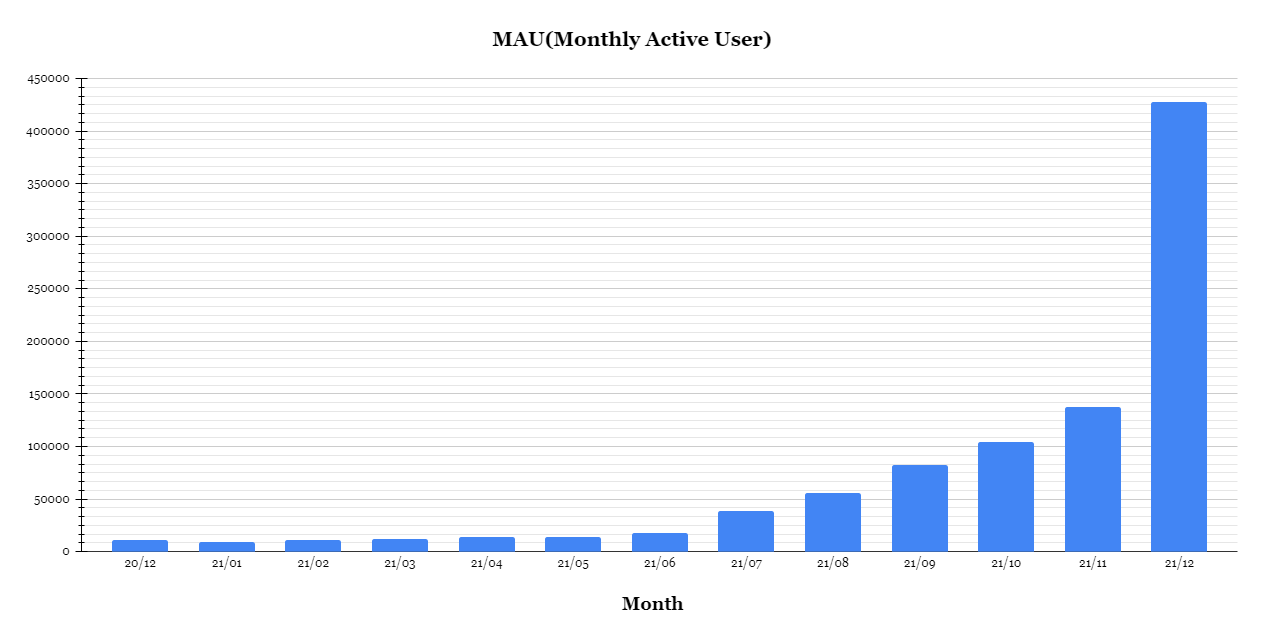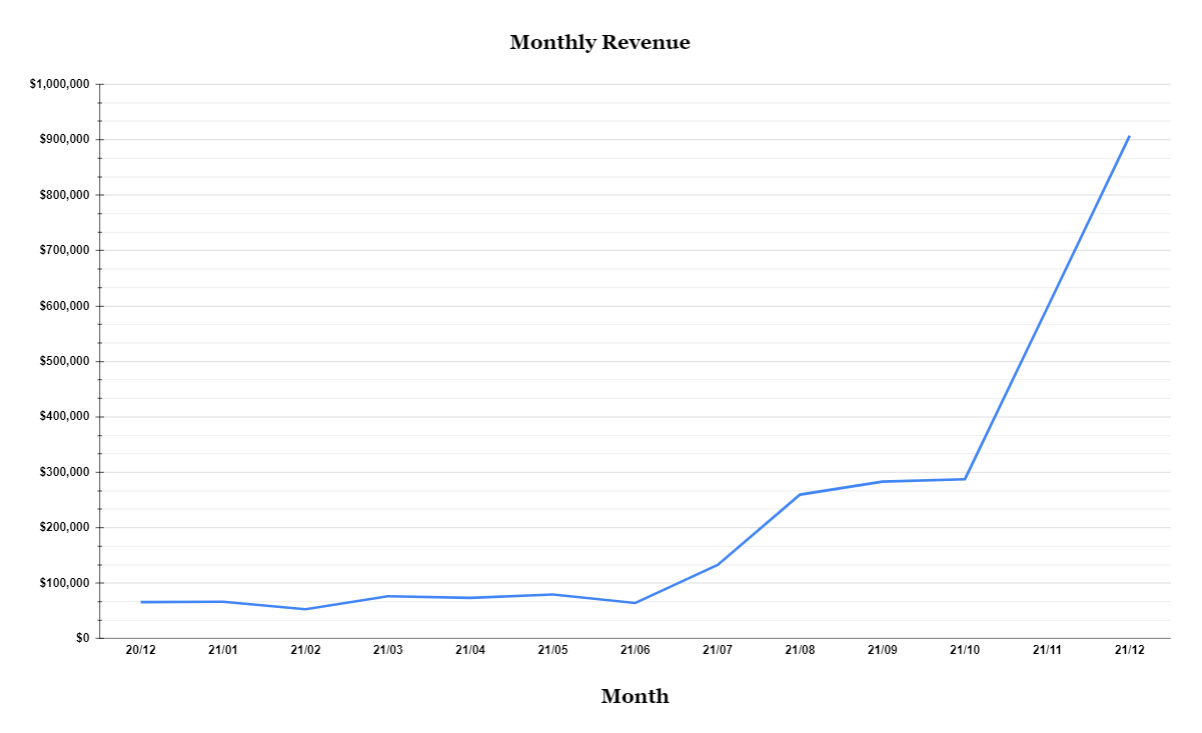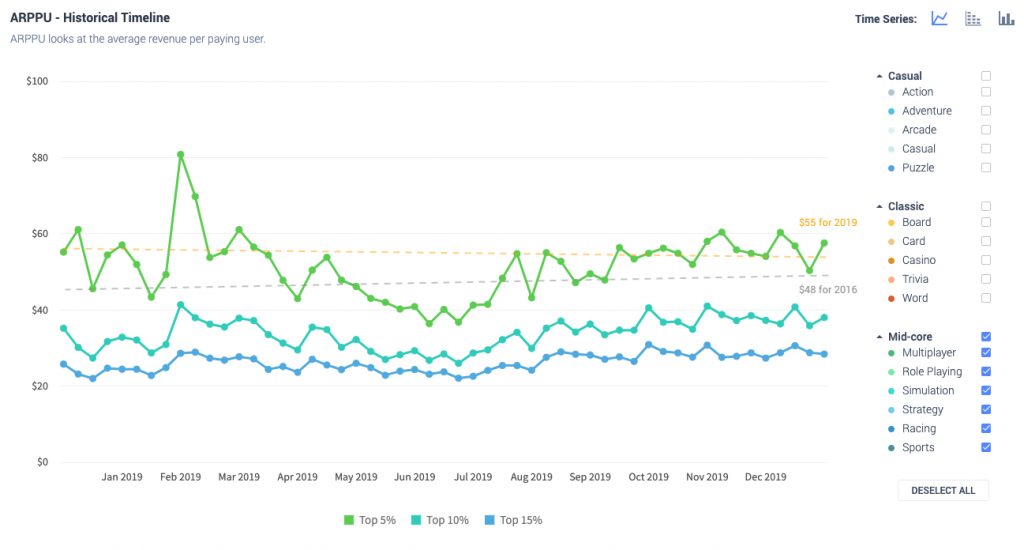Transition into Web 3.0 Game and DAO
Written by Jason Ye, Co-founder @ DeSpread
Disclosure: DeSpread has invested in League of Kingdoms. This article is solely informational and not a recommendation to invest in a specific asset or investment advice.
Diversity and Sustainability of Game Genres
With decades-long growth and development of the game industry, a plethora of game genres have emerged as of today. Namely, there are genres such as Role-playing Games (RPG) where players become the main character of the game and level up by doing quests, Casual Games that people of all age and gender can enjoy, First-Person Shooters (FPS), or Strategy Simulation Games that require strategic thinking and control.
- Role Playing Game (RPG): World of Warcraft, Diablo, Lineage, Blade & Soul, etc.
- First Person Shooter (FPS): Counter Strike, Battleground, Call of Duty, Sudden Attack, etc.
- Real Time Strategy (RTS): Starcraft, Warcraft, etc.
- Multiplayer Online Battle Arena (MOBA): DOTA, League of Legends, Heroes of the Storm, etc.
- Sports games: FIFA Online, Winning Eleven, etc.
- Casual games: Anypang, Kartrider, Tetris, etc.
There are also attempts to develop games that are not constrained to a single genre but aim to create entirely new genres by combining the strengths of various existing ones.
https://venturebeat.com/community/2009/12/09/the-hybrid-fun-efficiency/
Furthermore, in addition to console and desktop games, highly advanced mobile games are emerging along with the rapid advancements in smartphone devices.
Ever since last year, Web 3.0 — which encompasses concepts such as blockchain, Metaverse, and NFT — has emerged as a major topic, and Play-to-Earn (P2E) games that have added such components to existing gameplay have drawn attention from the general public.

The major titles of Web 3.0 games include Axie Infinity, where you can raise and collect different ‘Axies’, The Sandbox, which aims for open metaverse, and NBA Top Shot, which is a collection of sports player cards and games.
However, most Web 3.0 games at their current state are mainly focused on pursuing “profit” rather than “fun”, and merely emphasize on the fact that game players can acquire in-game item ownership through blockchain and NFT. In addition, as in the case of Axie Infinity, the issue of sustainability continues to be raised.
For a game to have sustainable gameplay and growth, it must not miss the ‘fun’ element as well as the ‘profit’ element. Only when player-focused ‘community’ element is integrated on top of these will it truly be a Web 3.0 game of the players, by the players, for the players.
League of Kingdoms
League of Kingdoms has applied blockchain and NFT to MMO(Massively Multiplayer Online) 4X strategy games.
The 4X strategy game refers to a strategy game that focuses on “EXplore,” “EXpand,” “EXploit,” and “EXterminate.” In general, factors such as base construction, technology research, managing troops and resources, scouting surroundings, and rivalry and monster battles are part of the gameplay.
As such, League of Kingdoms is a game in which players expand their own kingdom and construct buildings to produce troops for invading other kingdoms and forming alliances. Users who have played existing mobile games such as Clash of Clans and Rise of Kingdoms would find this kind of gameplay familiar.
However, while the company took all the profits in Web 2.0 games, League of Kingdoms distributes a portion of the profits back to the players. Through $LOKA and $DST, the game is designed so that the community is enabled and rewarded for making their own game and governance operation through DAO is effectively possible.
League of Kingdoms is the game that has secured both “profit” and “community” along with “fun”. When the game was released, instead of initially disclosing the tokens, it first focused on the excellence and fun of the game to build a sustainable gameplay environment for players to thrive. They have already secured a loyal player base through excellent game quality, and now the team wishes to return to them more rights and rewards for their contributions to the game.
https://medium.com/league-of-kingdoms-eng/utility-tokens-5c035ca51cb4
Gameplay
In League of Kingdoms, the player gathers food, lumber, stone, gold, and crystals to grow the kingdom and train troops for battle. Various game modes such as single player (PvE), multiplayer (PvP), and alliance battle (MMO) are available. You can kill monsters in the field or invade other kingdoms.
Alliance is an essential element in playing League of Kingdoms. You can join the alliance to get additional resources, additional experience, etc. from other players, and you can also fight against other alliances.
Unlike many other blockchain games, League of Kingdoms supports a mobile app as well. This makes it easy for ordinary users to access the Web 3.0 game.
https://play.google.com/store/apps/details?id=com.nplusent.lok
https://apps.apple.com/us/app/league-of-kingdoms/id1523441842
Game Economics(NFT)
1. LAND
LAND represents ownership of certain coordinates of the continent within the game as an NFT. LAND holders can earn a certain portion of the revenue (10%) generated from the coordinate and increase the level of LAND by obtaining LAND development points. Its amount is limited to a total of 65,536 (256×256), and the higher the demand, the higher the value of the LAND will be.
2. Drago
Dragos can be owned or traded as NFTs. Drago boosts combat capabilities by putting magical enhancements on combat forces, and if you have Drago, you can gain $DST and $LOKA. The initially issued Genesis Drago is limited in total quantity and has one of five attributes: fire, wood, ice, light, and darkness.
3. Resources
Food, lumber, stone, and gold, which are important resources in the game, are produced every time the game play time passes, and accumulated resources can be issued as NFT and traded at OpenSea.

Game Economy (Tokens)
League of Kingdoms has two tokens: the governance token $LOKA and the utility token $DST. Representative P2E games that have separated protocol tokens into two in this way include “Axie Infinity” and “Star Atlas.”
In general, the reason for such separation of governance and utility tokens is to separate the inflation of goods that comes from gameplay and the inflation of blockchain governance that comes from staking.
1. LOKA (League of Kingdoms Arena)
LOKA is an in-game governance token that represents voting rights for the League of Kingdoms operations policy. You can get LOKA through gameplay, and receive in-game profits by staking.
$LOKA holders can decide on how to utilize League of Kingdom’s Council Vault (hereinafter referred to as ‘Treasury’) through governance staking. Treasury is incurred in marketplace transaction fees, in-game payments (on-chain payments), LAND sales, NFT upgrades, and bridging. This Treasury can be used in a variety of ways, including token burning, buyback, user compensation for P2E, landowner compensation, etc.
In addition to the usage of Treasury, governance can also vote on various factors in the game, such as land compensation rates. LOKA holders ultimately make decisions to enable long-term growth and sustainability for gameplay.
2. $DST (Dragon Soul Token)
$DST is an in-game utility token that is used to breed and raise Dragos. $DST is mainly used to breed Dragos. Each Drago has its own attributes and ratings, so players need a suitable Drago for every situation. As the number of players increase and the demand for Dragos grows alongside with it, the demand for $DST is also expected to increase.
Development Team
The development team members of League of Kingdoms are composed of experts who have developed games in the traditional game industry for many years. It consists of a CEO who has an experience of developing Samsung Electronics’ product design, fintech, and lifestyle apps, as well leading various startups, a CTO who used to lead game development at Gamevil, NHN, and EA, and COO who oversaw managing LG Electronics products. In addition, team members experienced in leading game development and design at large game companies such as Netmarble, Neowiz, Nexon, and Kakao Games are currently part of the team.
Growth Indicators
1. MAU (Monthly Active User)
The MAU, which was about 10,000 in December 2020, increased to about 420,000 in December 2021. In addition, the DAU(Daily Active User) increased from about 2,000 to about 60,000 during the timeframe. Currently, the cumulative number of app downloads (iOS and Android, excluding PC) is 300,000.

2. Monthly Revenue
Monthly Revenue, which was $65,000 in December 2020 increased by about 13 times to $900,000 by December 2021.

3. ARPPU (Average Revenue Per Paying User)
The Average Sales Per Paying User (ARPPU) of mobile strategy games was around $50 to $60, while League of Kingdoms recorded $131.08, about 2.5 times higher.

4. High Retention Rate.
The average 7-day retention of mobile games was 9, while League of Kingdoms recorded 35% in its 7-day retention of players.
5. LAND
The average price of Land NFT rose by about 10 times from $230 in June 2021 to $2,220 in December 2021.

Capturing $LOKA Value through PSR Comparison
To capture the approximate value of $LOKA, we will compare it with Axie Infinity, a prominent P2E game, through PSR (Price Sales Ratio). Even before the token was released, Axie Infinity was generating revenue through marketplace transaction fees, Axie breeding fees, and LAND sales.
Axie Infinity held a token sale on Binance Launchpad in November 2020, and sales, fully diluted market cap (FDV), and PSR after the Token launch are as follows.

(At the time of TGE) Binance Launchpad Price: $0.1/ AXS
AXS Total Supply: 270,000,000 AXS
FDV: $27,000,000, Revenue: $236,953, PSR: 113.9
First, we review the changes over the six months after the token launch. PSR, which was 113.9 at the time of the TGE (Token Generation Event), rose about 370% to 428.9 in the first month of its launch and up to 3,043 after six months. Sales tripled from $236,953 to $656,973, and FDV multiplied by 20 from $100M to $2B.
In the case of League of Kingdoms, just like Axie Infinity, it was generating game sales even before the token launch, and the token sale will be held through Binance Launchpad. The sales and FDV from January 2021 are as follows.

(At the time of TGE) Binance Launchpad Price: $0.16/ LOKA
LOKA Total Issuance: 500,000,000
FDV: $80,000,000, Revenue: $907,182, PSR: 88.2
Based on TGE, the sales of League of Kingdoms is $907,182 and PSR is 88.2.
The following is a comparison between Axie Infinity and League of Kingdoms through PSR.

In the case of Axie Infinity, sales rose about 2.8 times during TGE+6 from TGE+1, and the monthly sales growth rate is 23%. The PSR rose 3.7 times at the same time as the TGE, and the average PSR for 6 months is 1,544.
In League of Kingdoms, the same monthly sales growth rate (23%) can be applied and PSR can be calculated conservatively and set to 772, half of the 6-month average PSR of Axie Infinity. After six months, League of Kingdoms sales are expected to be $2.5M, and the sales will ultimately be value captured in tokens.
Transformation to Web 3.0 Game and DAO.
League of Kingdoms is now preparing for its transformation into a Web 3.0 game and DAO. The $LOKA token allows game developers, game players, and communities to connect and create an organic growth structure. Players will be rewarded for the work and time they have invested in the game and encouraged to participate more actively in in-game decision making. League of Kingdoms have already secured loyal player base with “excellent playability” and “fun,” and it’s looking forward to giving rewards and authority through active communication with the “community.”


The members of the DeSpread team are already active players of the League of Kingdoms and are part to the top alliances of the Continent 19. As we communicate directly with game players at the utmost forefront, we plan to actively deliver the voices and feedback of the community to the team.
DeSpread supports League of Kingdoms’ giant leap toward Web 3.0 Gaming.
DeSpread — Website | Twitter | Telegram | Facebook
DeSpread is a multi-chain ecosystem builders founded by blockchain content creators to help projects to accelerate together with the sustainable ecosystem. Our mission is to establish strong ecosystem foundation for anyone through eye-to-eye communication and education.